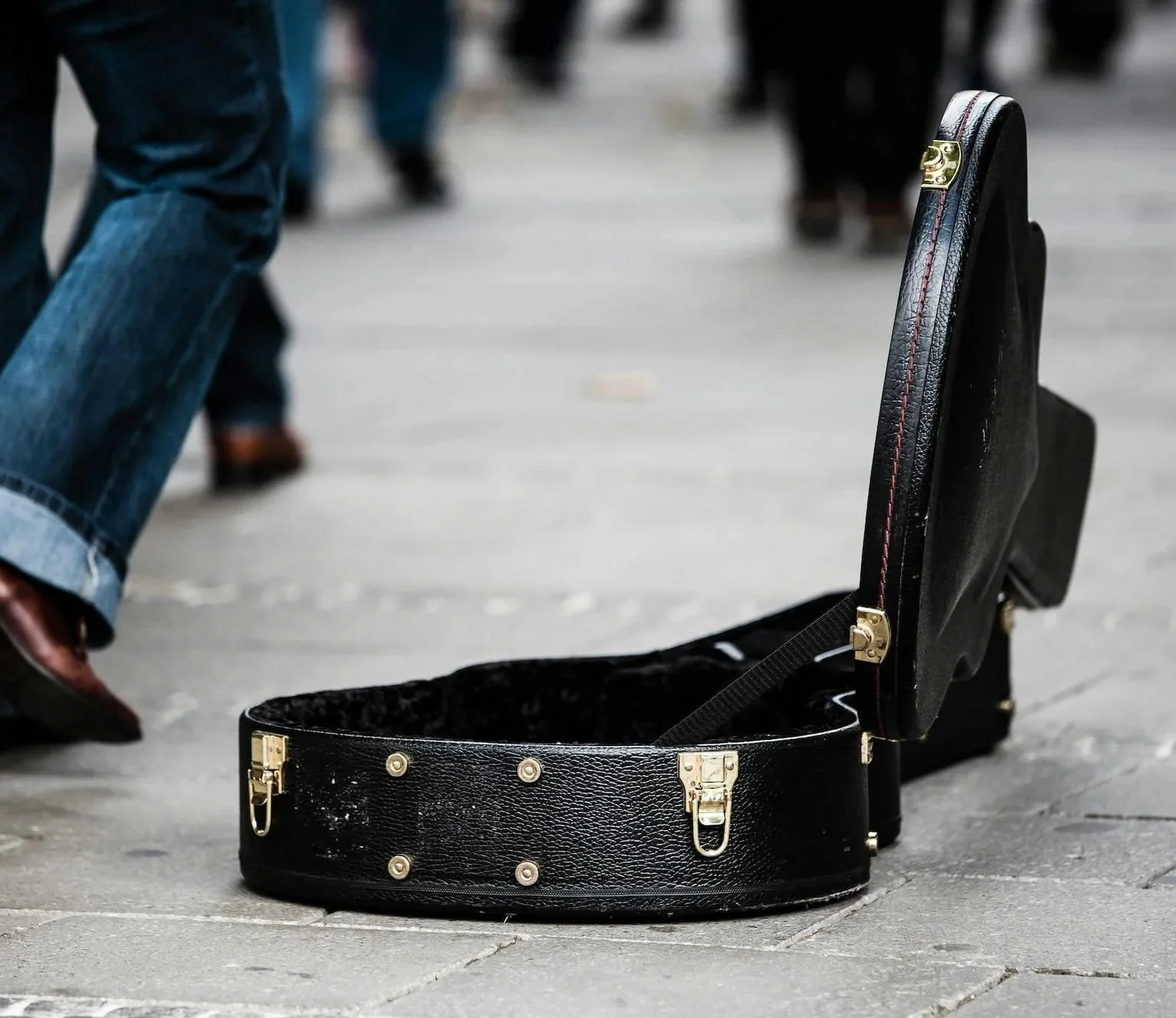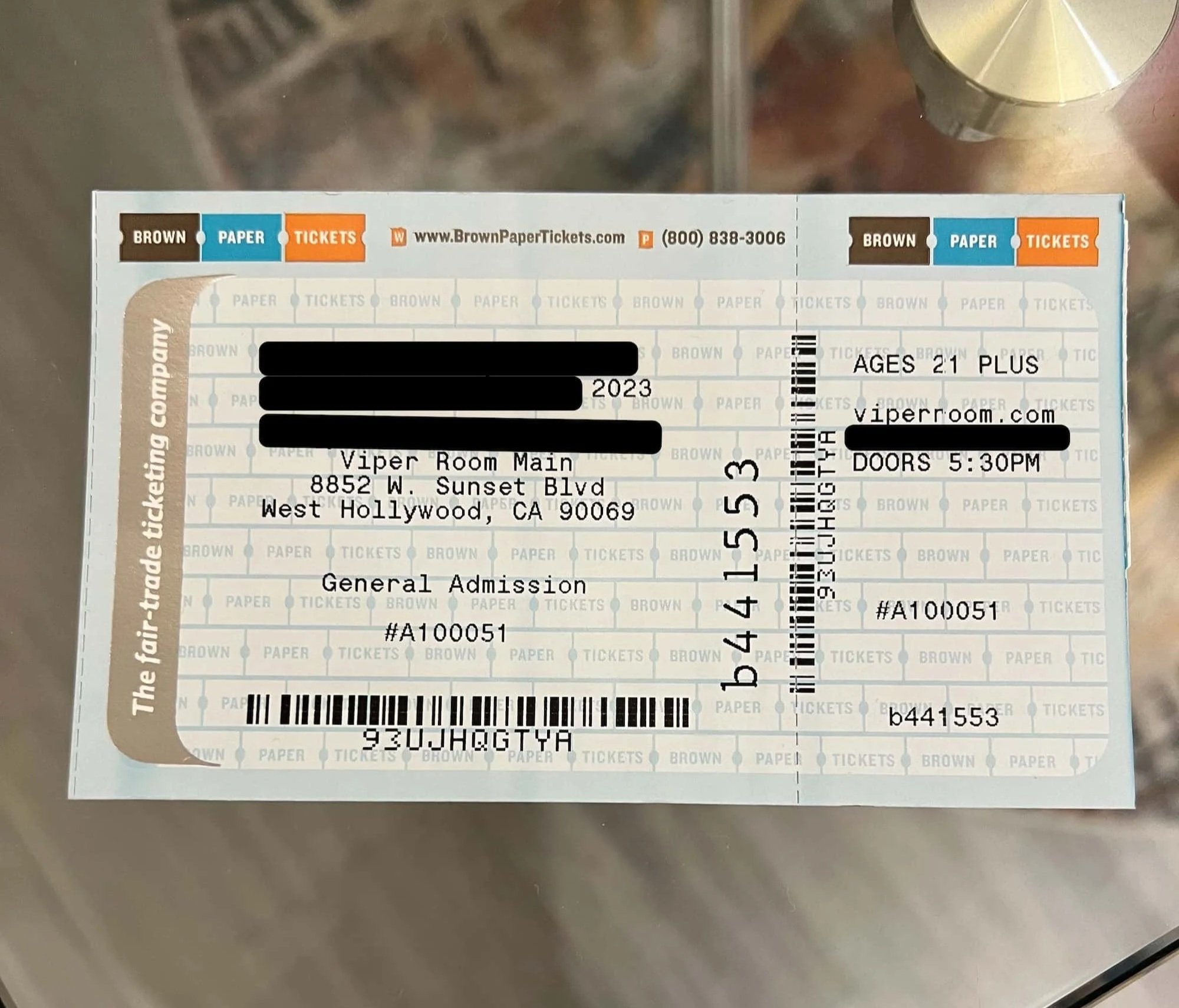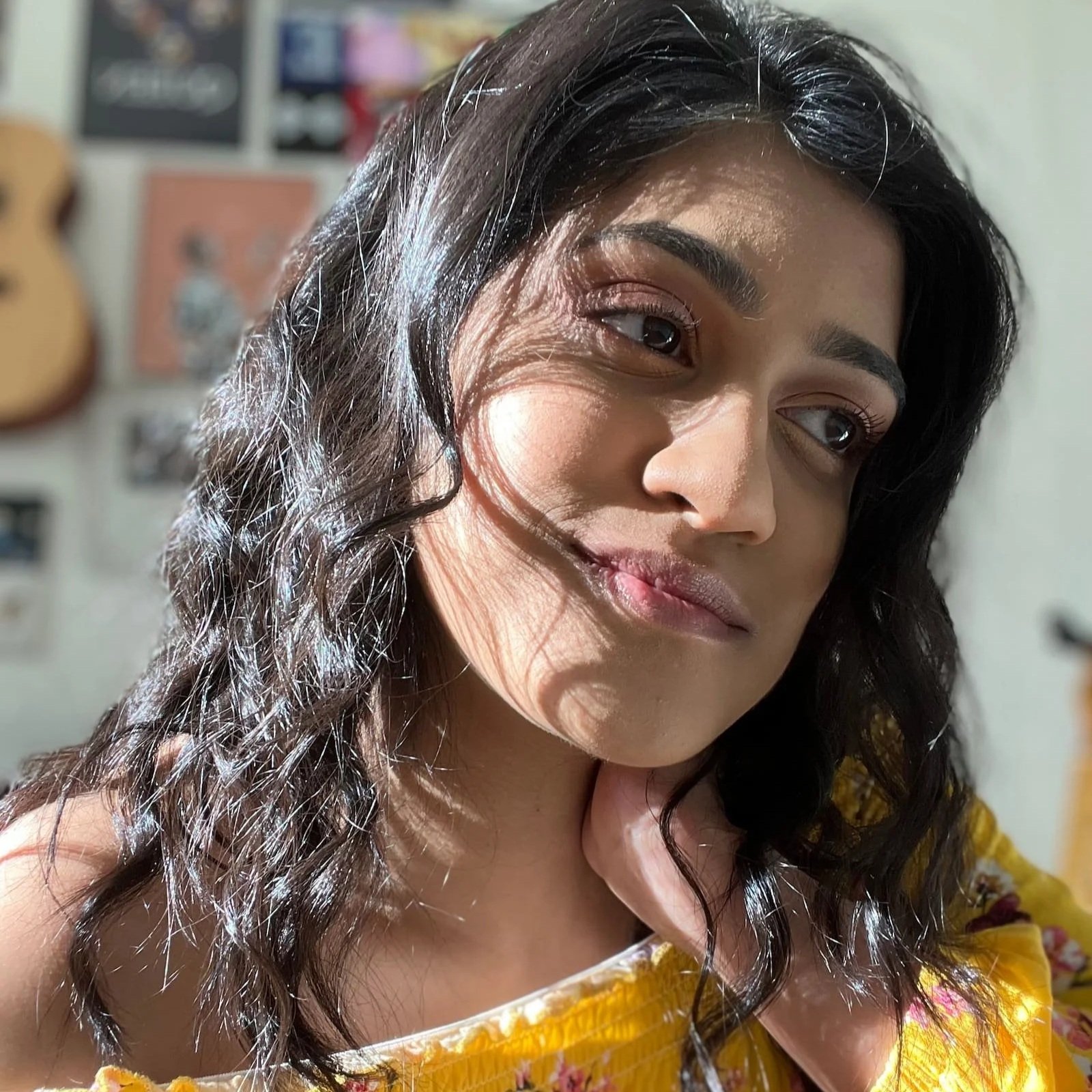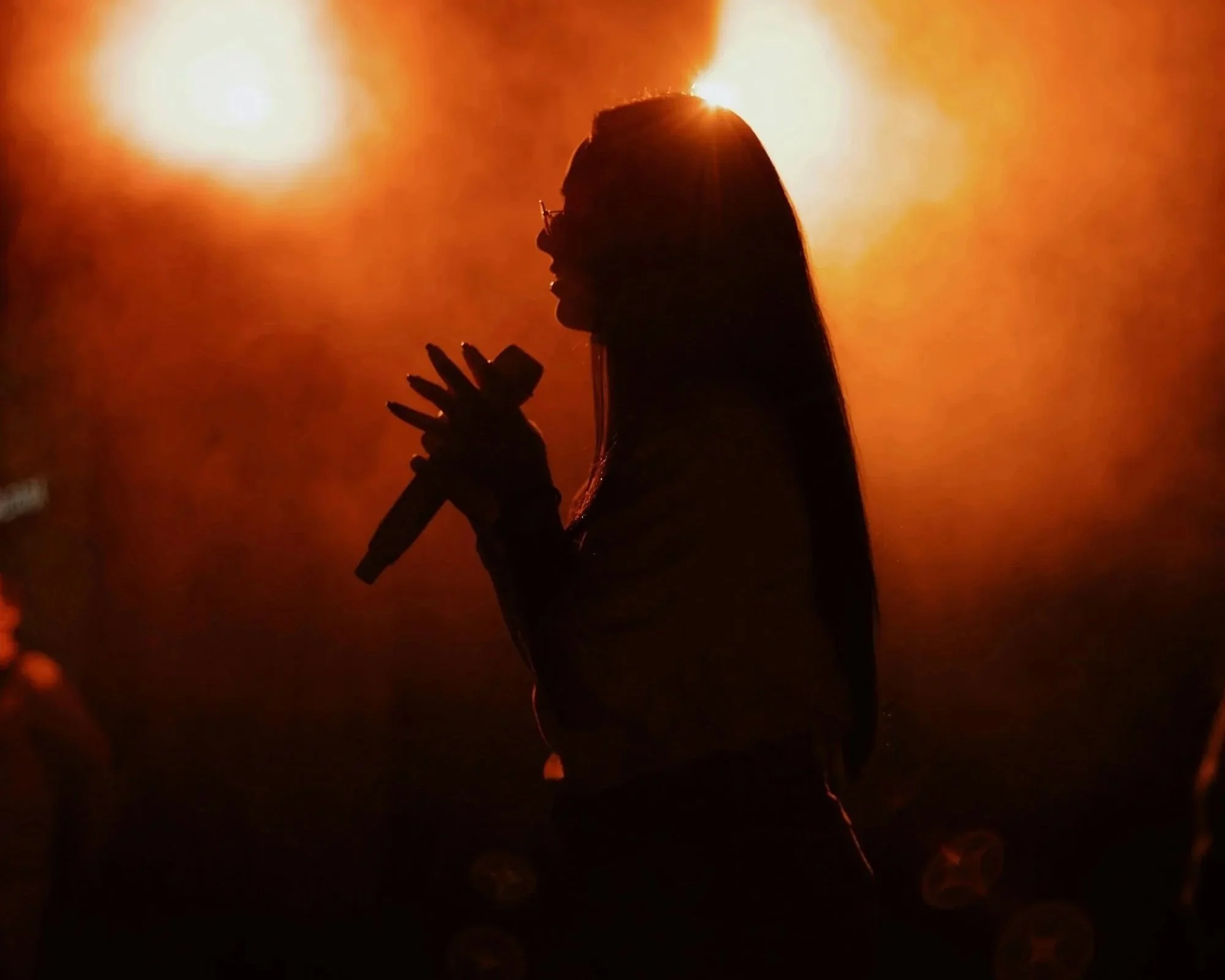Why Do We Allow Artists to Be Underpaid?
A musician’s viral plea for help raises an important question: What do we owe to the people who bring life to our world?
By Mekhala Mira
September 1, 2025
Musician Ryan Nealon recently posted a plea for help on Instagram. His beloved cat, Rudy, had to be hospitalized for a few days, and Ryan couldn't afford the bills on his own.
Ryan is a touring musician who has amassed tens of millions of streams and has hundreds of thousands of followers. As someone who has worked in music myself, I know how extraordinarily hard that is to accomplish. The amount of dedication and hard work that takes, on top of the constant stress that comes with freelancing, is almost unfathomable. Forget about work/life balance. Your work is your life.
According to a 2023 music industry report, a whopping 76% of independent musicians such as Ryan do not make enough music-related income to financially sustain themselves. In fact, 41% of respondents made less than $15,000 from their music over the entire year. It’s difficult to find reliable statistics about other creative industries, as a majority of independent artists rely on unstable freelance or part-time work that official data often excludes. However, one study from 2022 suggests that artists in major metropolitan areas make a median of just $20,000 per year. Even artists employed full time in creative industries make well under the $95,306 needed to live comfortably in the US, at just $66,220 per year. In states like California and New York, where many artists are based, the needed salary to live comfortably jumps to $119,475 and $114,691 respectively. The picture is quite clear: Artists are laughably underpaid for the work they do.
But why?
One reason is because they can be. Corporations take advantage of the passion artists have for their craft. Their heart is ingrained in their work. Most artists I know will do unpaid work. Most will accept payment in "experience." I've done it myself. What's the incentive for a company to pay somebody for their work when the next person will do it for free?
However, in other occupations, such as medicine or law, there may be those who would be willing to practice for free out of a love for their craft, but nobody would expect them to. Those who work pro bono are not asked to do so, they choose to do so themselves. One may argue that they got their "experience" in college, but in the arts, having a degree does not give you a leg up when it comes to paid work.
Why do the arts operate with a different incentive structure?
That brings up a core issue – our societal perception of art as a "fun" job, a frivolous one, a hobby, and therefore less deserving of compensation.
For most, the arts start as an afterschool activity in adolescence that finds its conclusion in an after-work hobby in adulthood. Because the majority of people experience creating art in the context of a fun, relaxing activity, they may see an artist and think they're not a hard worker. In our society, if you're not working hard, you haven't earned financial stability.
Corporations in the arts thrive on this perception. That's why you can get paid in "experience" or "college credit" with little to no pushback. For example, I took an internship at a film development company for "college credit" — meaning I paid $4,800 to work for free. I was a development intern, but in reality, I was treated as a glorified personal assistant, picking up lunch for executives and cleaning out dusty closets – with just enough script coverage on the side to provide a paper trail of "education." That was the industry "experience" I was getting paid with.
The whole time, I was sold on "You're making valuable connections that will help you later on." I remember wanting to say, "Why can't there be both? Why can't I make these connections while being paid for the work I'm doing for you currently?" I couldn't ask those questions though, because if I pushed back, there was someone else who would've happily picked up those Sweetgreen salads in my place.
In another disturbing example, "pay-to-play" shows have consumed live music opportunities for independent artists, especially in big cities like Los Angeles and New York City. This is how it works: A venue works with a promoter to book an artist and that promoter will make the artist pay them in advance for a minimum amount of tickets they need to sell. The number of tickets is typically unreasonable for the size of the venue and the amount of other acts in a show. Here’s the sinister reality: If an act doesn’t sell the minimum amount of tickets, they don’t make a dollar on any of them. The promoter and venue pocket every dollar that artist brought in that night, including drink sales, cover charges, and often a cut of the artist’s merch, while the artist — who provided the service that brought in that profit — leaves at a loss.
In my experience as a musician in Los Angeles, I can tell you that it is rare to find a paid live gig. Every musician I know has paid to play at least one show, if not all their shows. This isn’t a problem reserved to small dive bars — even famous Sunset Strip venues like The Roxy, The Whiskey, and The Viper Room have operated on the pay-to-play model for decades. It is deeply entrenched in the culture.
A promoter's "pay-to-play" ticket from a 2023 show at The Viper RoomBecause of the perception of artists as hobbyists, they are expected to kneel at the feet of people who open the gates to opportunities — but those gates are manufactured. They’re created by those who see an opening to profit off of an artist’s passion and a societal perception that devalues their worth. Paid work is now framed as a privilege when it should be the norm, just like in every other industry.
Imagine a world where you can never listen to music, never watch a tv show or movie, and never read a book. A world where the walls of your home can only be a dull shade of white paint. Your life would consist of sitting in silence or talking about the weather. The "frivolous" job of an artist is one that brings life to someone's existence. There is no one on this planet who has not benefitted from the work of an artist.
My sister is a doctor. She often works 12 days in a row, with just 2 days off in between, with shifts often longer than 12 hours. I asked her how she's able to work such a grueling schedule without burning out, and she told me she gets home, immediately changes into sweatpants, and turns on an episode of The Bachelor to decompress. The work of artists gives her, and so many others, the ability to have a work/life balance, but the artists providing her with that luxury are paid less than a quarter of what she makes.
“It is not a privilege to make art for a living; it is a privilege for others to benefit from an artist’s work.”
Ryan Nealon's fans donated in droves, and thankfully, his cat survived. But he has a massive platform. What about the other artists who don't have a social media following? Would they have to choose between eating or saving their cat’s life?
The goal of an artist’s work is to add fulfillment to others’ lives. How can we allow them to work paycheck to paycheck? How can we allow them to work multiple part time jobs, 7 days a week? How can we allow them to go without health insurance?
Adding to this pressure is the rise of AI and changes to corporate monetization policies that have made it increasingly difficult each year for an artist to make a living, let alone a living off of their work. That's not an inevitability, that is a choice. It is on us as a society to reflect on our biases and to hold those who exploit those biases to account. It is not a privilege to make art for a living; it is a privilege for others to benefit from an artist’s work.
Next time you listen to a song, or watch a movie, or read a book – think about the person who created it. They might be in the ICU, unable to afford care for their dying pet. They might be homeless. They might be hungry. But despite their circumstances, they’re still bringing you a moment of relief, of joy, of fulfillment. Don’t you think they should be paid for that?
Mekhala Mira is a writer, producer, and musician based in Los Angeles, California. Her work, rooted in both research and radical vulnerability, examines how the world around us shapes our internal lives.
We celebrate "gifted" children at a young age, but what happens to them when they grow up?
“AI-generated art is the future,” is a narrative that has dominated our public discourse, but it ignores the reality of why we’re drawn to art in the first place.





